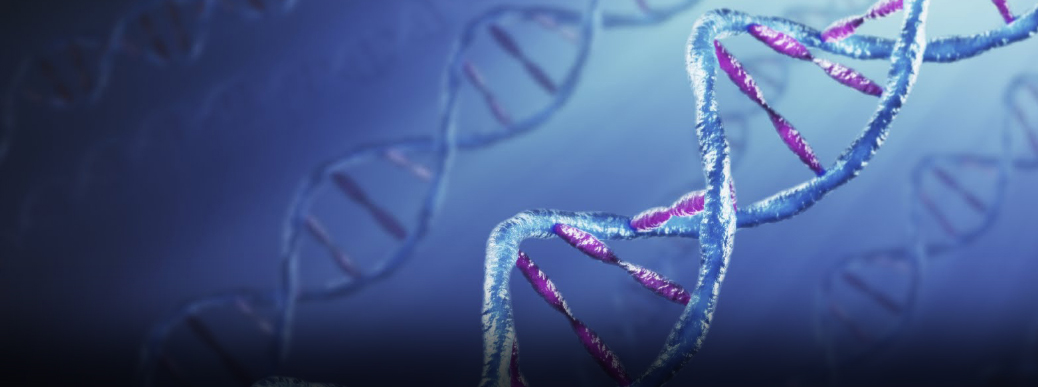DNA Profiling
15, Jul 2018

Prelims level : Science & tech
Mains level : Paper - III Bio technology
Why in News?
India’s proposed DNA databank, to be used during investigation into crimes or to find missing persons, will not permanently store details of people.
What is DNA Profiling?
DNA profiling is process of utilizing DNA to identify certain individuals. DNA is a unique biological map that points to a specific person and his or her close consanguinity. It is widely used in law enforcement today for the resolution of crimes and the identification of criminals, as well as in proving or disproving consanguinity claims.
Procedure for DNA Profiling:
The process of DNA fingerprinting involves gathering of samples. Scientists don’t need so much biological samples – only about 100 micrograms – to map the biological information of a specific individual.
- A smudge of saliva on a drinking straw is more than enough for DNA sampling.
- The next step is amplifying tell-tale regions.
- Researchers use the very potent Polymerase Chain Reaction (PCR) to make several copies of the sample’s tell-tale regions including Short Tandem Repeats (STRs), which varies from person to person.
- After amplifying the STRs, scientists then start counting the repeats. This is done by attaching fluorescent dyes onto the STR copies, and then running the mixture of STRs through a capillary electrophoresis machine that sizes various DNA fragments.
- After knowing the size of the repeats, it becomes easier to identify the length of each STR and the number of repetitive units.
- The final step in DNA profiling is looking for a match. A person whose STR repeats matches those of the sample at all 13 STR regions is at risk of conviction
Pros of DNA Profiling:
- It is simple, less intrusive testing.
- It can reduce innocent convictions.
- It can help solve crimes and identity issues.
The Cons of DNA Profiling:
- There is a lack of privacy.
- It raises concerns over third-party access.
- It can be used the wrong way to convict innocents.
- The data could be hacked.






